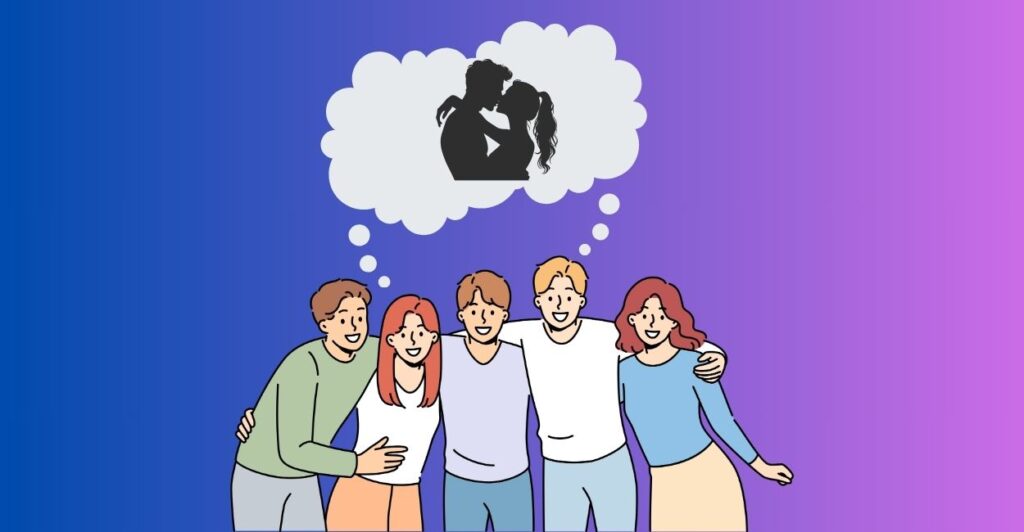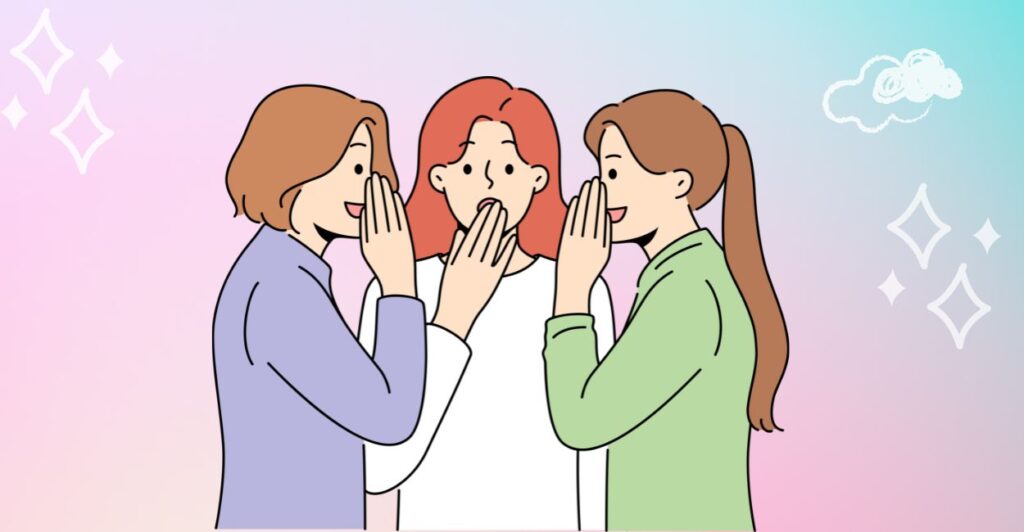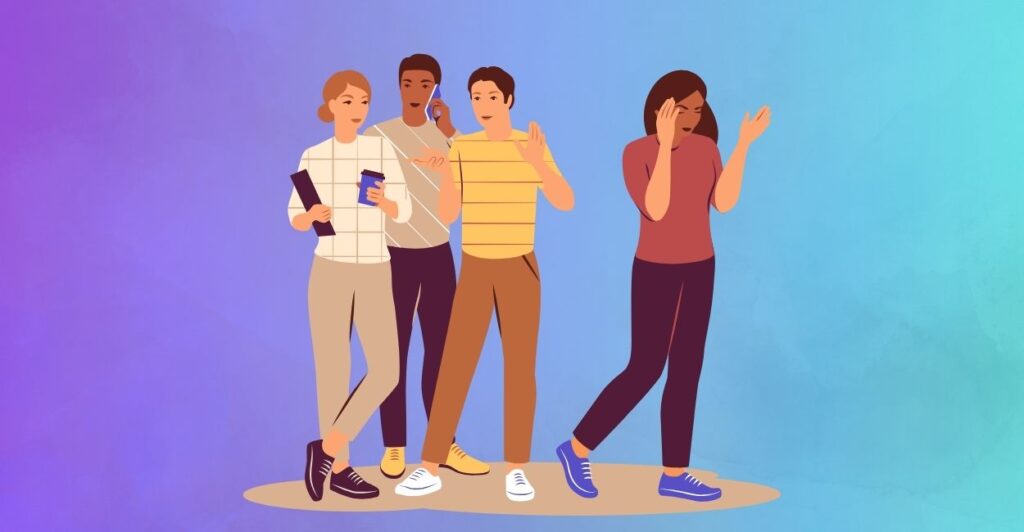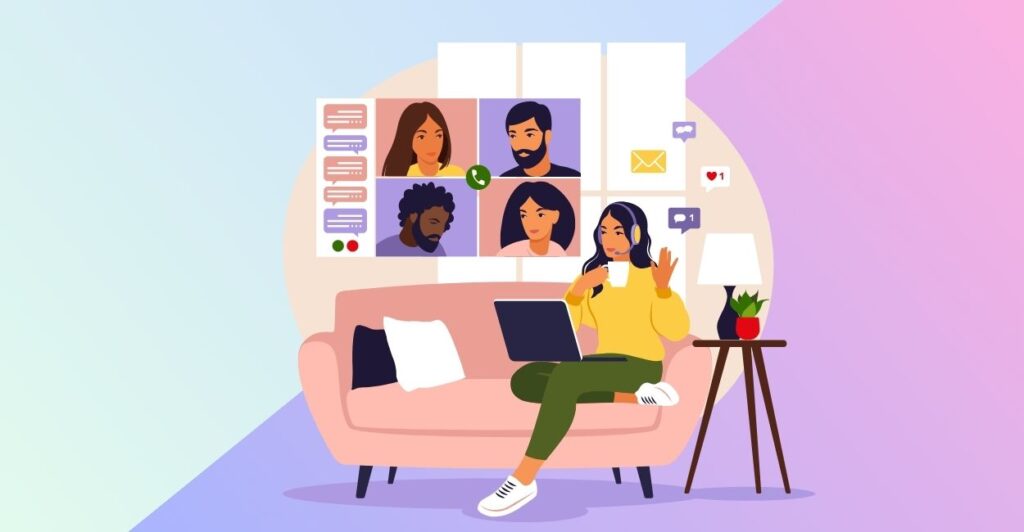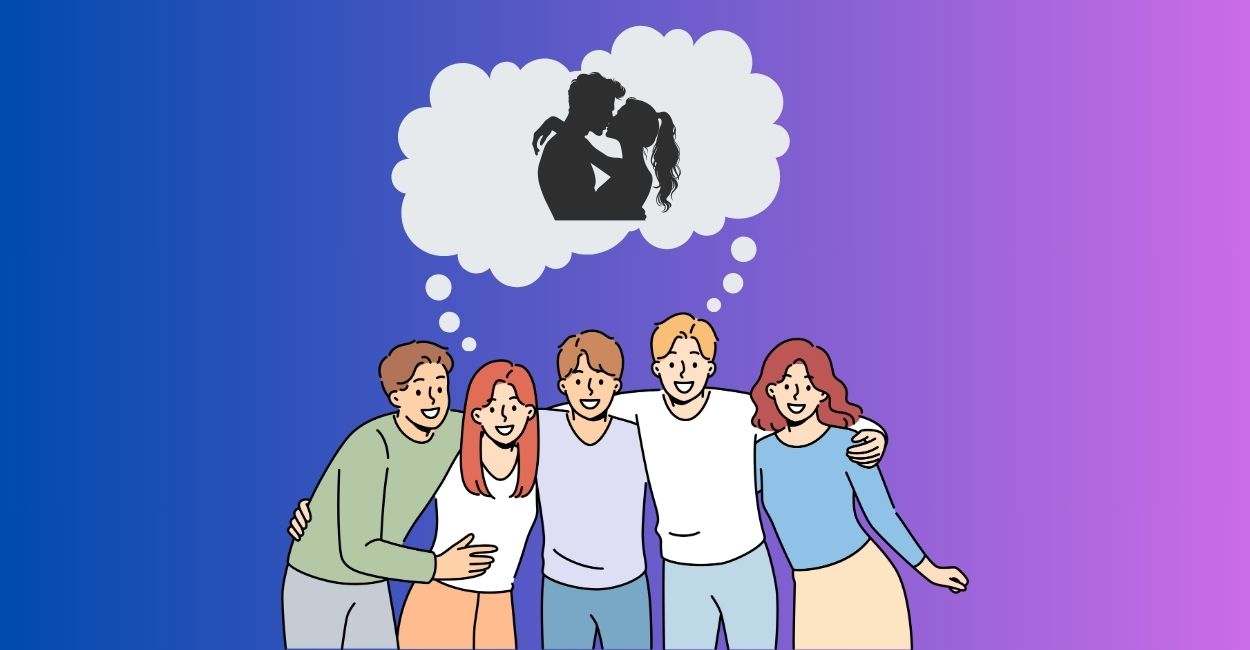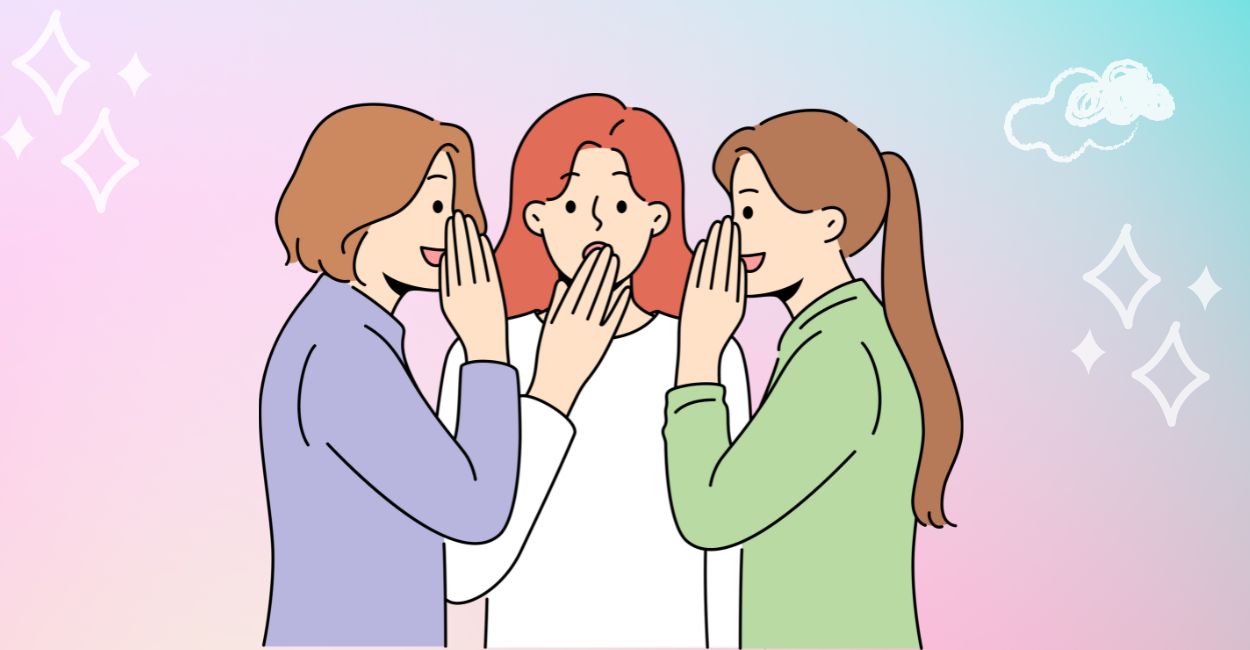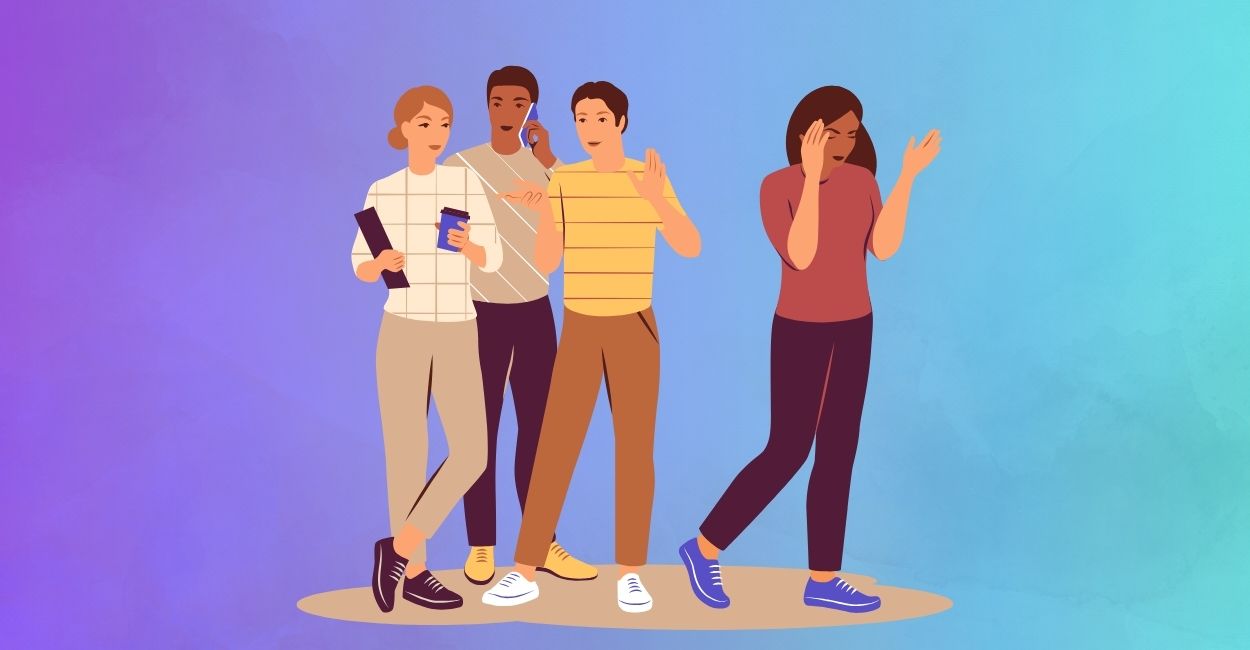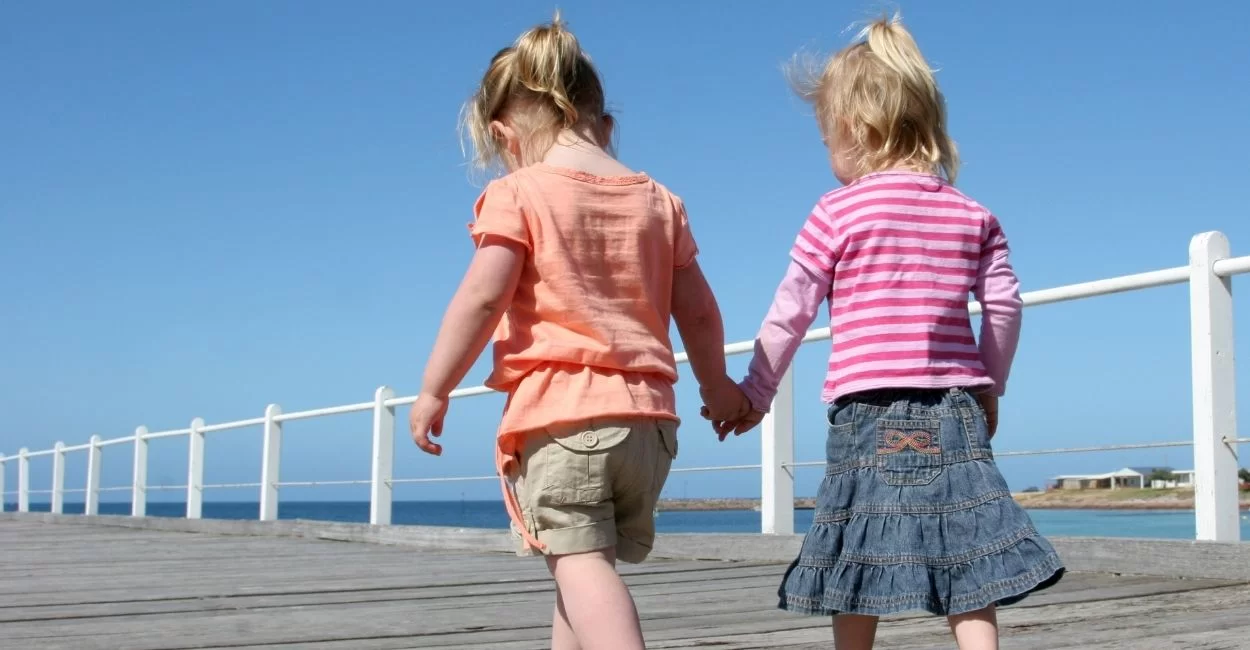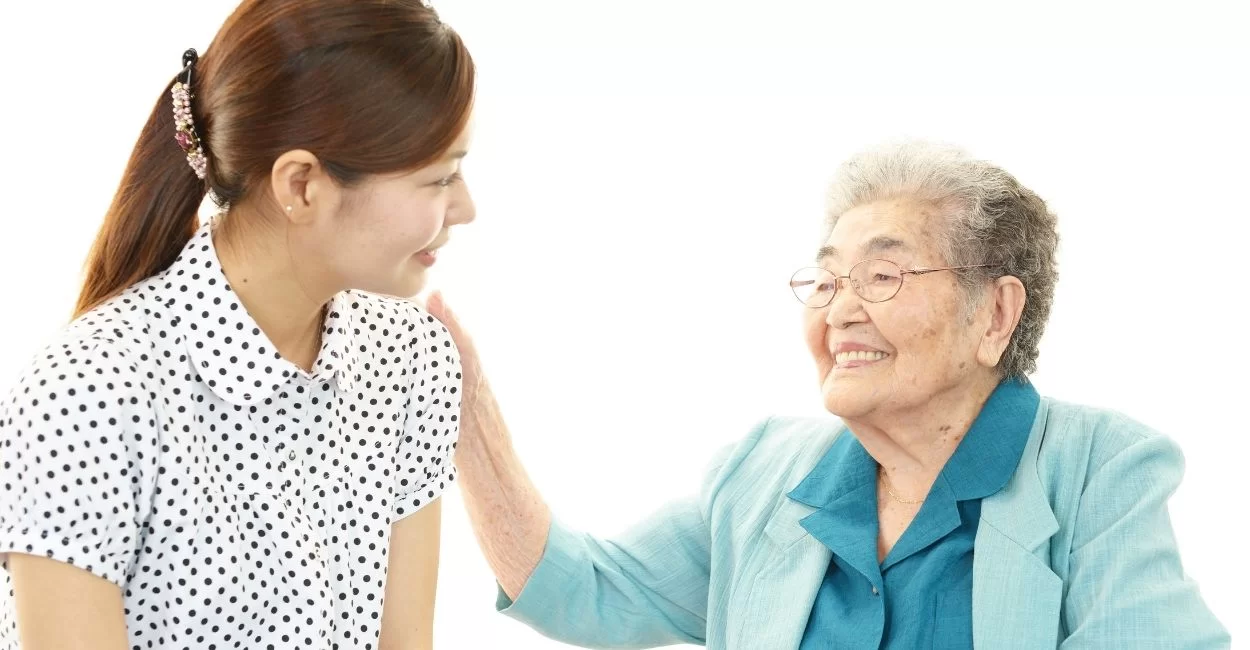Navigating the Waters: How to Help Teenage Daughter with Friendship Problems
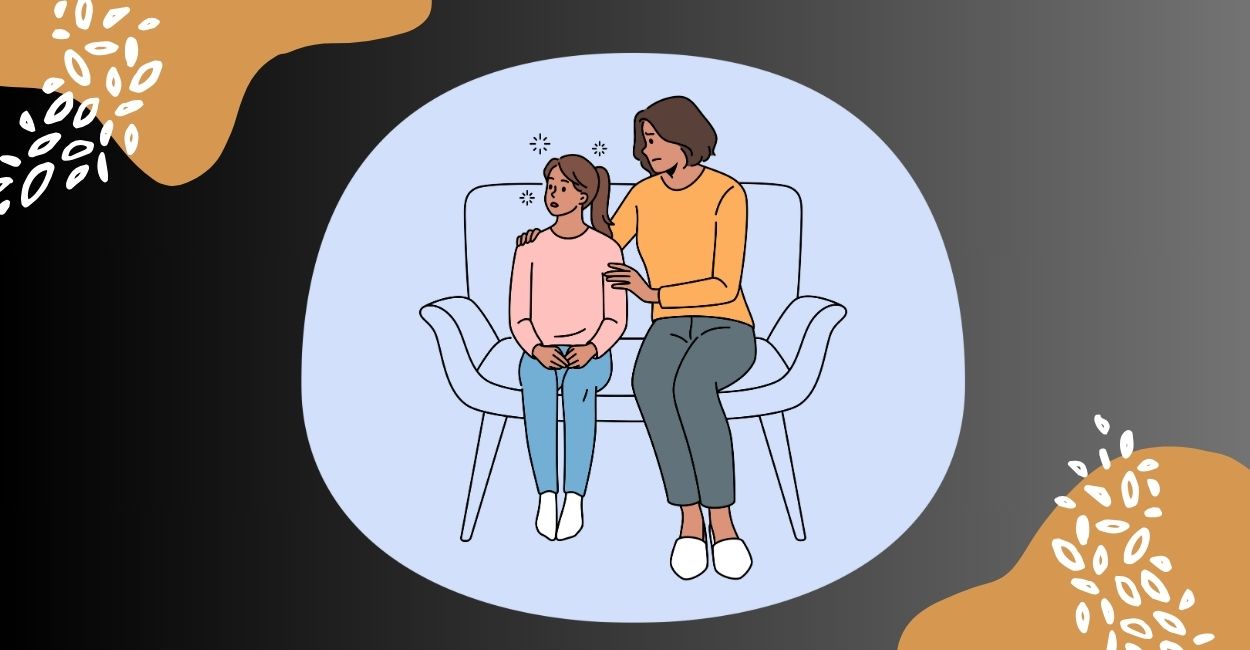
Is your teenage daughter shutting herself out or lashing out more often? If yes, it could be an issue with good friends. But the question is – how to help teenage daughter with friendship problems?
Well, teenage is a phase full of transition and tackling physical, emotional, and social developmental milestones. To add to the already challenging life situation, teenagers often face friendship problems. The hormonal changes, peer pressure, and self-esteem issues add to the friendship problems in teenagers.
If you are a parent of a teenager or a tween, this article will help you explore this predicament. You can use your own experiences and life lessons to delicately help your daughter navigate through these stormy waters of their life.
Ways on How to Help Teenage Daughter with Friendship Problems
Let us explore a few ways in which you can understand how to guide your teenage daughter during these tricky phases in their life.
1. Listen to her first before giving any judgment
Don’t try to fix any issue before hearing her out first. To understand your daughter’s feelings properly, try and listen to what exactly is bothering her. Don’t judge the other child without knowing the whole story.
Sometimes, the experiences of our children trigger our issues from childhood and adolescence. So, it is crucial to address our own emotions first.
2. Encourage your daughter to value herself
Teenagers already may have self-esteem issues, but girls are more likely to be prone to it. Teach your daughter to accept and embrace her unique qualities and build her confidence and self-belief. Encourage and support her to reflect and discover her good qualities and skills. This will help her navigate through this phase with a more positive attitude.
3. Tell her that it’s natural for friendships to change or end
Your daughter might be sad that her BFF hasn’t spoken to her in days, and she might also feel that she’s the only one who’s feeling this way. Assure her that this happens to many people, and you can also give an example from your life.
Make her understand that being friends with someone doesn’t mean that you have to agree with them or get along with them all the time. It is natural for people to change and need to change, and that can result in distance between friends.
4. Help your daughter address her hurt feelings and anger
Your child’s mental health is of utmost importance. You can help her name her emotions and make her feel understood. Encourage her to come up with ideas on how she could solve her friendship issues. Add to her ideas and guide her through the process.
5. Help her understand why the friendship ended
Making and losing friends on the way is a part of growing. If a long-term and good friendship has ended, spend time with your daughter exploring what happened and making her understand all the perspectives. If the ex-friend is ready to talk it out, make them talk to each other face to face and express their points of view. Guide them by focusing on the facts and not being judgmental.
6. Help your daughter manage her time
When your child manages their time better, they can make better choices. We live in a world of social media, DMs, ghosting, and catfishing. Your daughter may spend a lot of time preoccupied with her friends, not replying to their texts or not reacting to their posts or memes.
Making her take some time off from social media and using it to pursue her other interests will be healthy for her. For young people, using social media is non-negotiable, so you might not want to implement a complete ban on social media usage. Or it will make things worse.
Instead, doing something together with her, such as going to eat at a good restaurant, going cycling or on the beach, or just strolling in a park, could also be good for her.
7. Help her to stop worrying
Explain to her why ruminating on the same things again and again is not a productive or healthy thing to do. Practice mindfulness exercises with her and allow her to ‘feel’ and accept her feelings.
Ask open-ended questions such as, “How did you feel when … happened?”, “What was your reaction when they said…?” and “How did it make you feel?”
8. Help your daughter connect with others
She might be sad and grieving about their loss of friendship, so help her reconnect with old school friends or enroll her in youth groups or activity clubs. Maybe she is already a part of an activity group or a volunteering group, then help her pursue that further so that she can make new connections.
9. Help her deal with unhealthy behavior
It is important to teach your teenage daughter the difference between healthy and unhealthy behavior. Ask her how she feels when she is with a particular person and how they make her feel. If the answer is negative, she might be in a toxic friendship.
10. Tell her what a positive or healthy friendship looks like
Teen years are already confusing, and the added load of peer pressure and people-pleasing takes a toll on your teenage daughter’s mental health.
Hence, it is vital to show her what a healthy friendship looks like. Ask her why she values her friends, and she might come up with answers such as, ‘They make me laugh’ or ‘I can be myself with them.’ Tell her that these are important aspects of positive and healthy friendships.
You can ask her questions such as, ‘What are the things you look for in a good friend?’ or ‘Why do you think you are a good friend?’ These questions will help her understand a lot more about her existing friendships and help her in making new ones.
11. Teach her how to resolve a conflict
Conflict resolution is a life skill that everyone needs to learn in their lives at some point. So, the earlier, the better. Teaching your daughter how to resolve conflicts and having tough conversations at home helps her build her confidence and use the same stance or skill with other people.
The following pointers will help her with conflict resolution:
- Affirming the friendship with a positive quality so that the friend doesn’t feel threatened that the friendship might end. Using statements such as “Your friendship is valuable to me” or “You are a great friend” helps.
- Use ‘I’ statements such as “I felt hurt when you ignored me in class today” or “I got hurt when you commented on my new bag.” This defines the exact problem without blaming anyone in the process.
- State your contribution by accepting your mistakes by saying things such as “I realize that I forgot to wait for you after class.” Own up to the things that you did wrong.
- Ask about how you can solve the problem together. Be specific, revisit the contribution, and be ready to change.
Closing Thoughts
Having an understanding and caring parent or adult in their lives is important for every child. When your daughter knows that someone has her back and is there to support her, she will tend to discuss her issues with you and can navigate through her tough times.
As a parent, you are an important role model to your daughter, and she needs someone to hear her out without being preachy and judgmental. Offer her a safe space to share her thoughts and problems with you.


